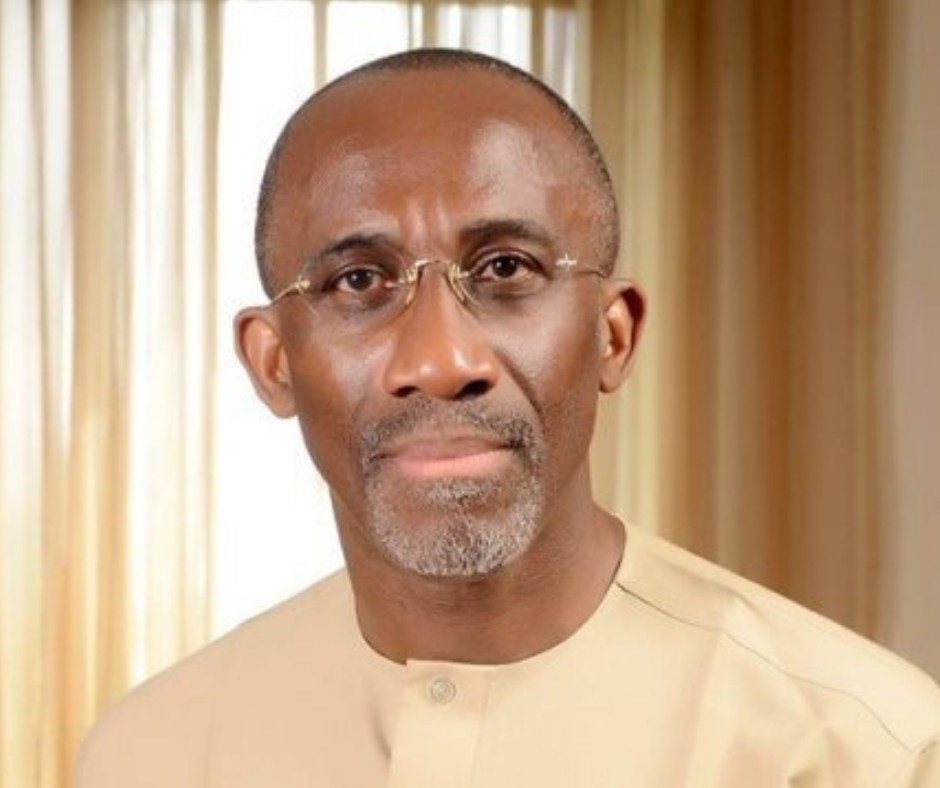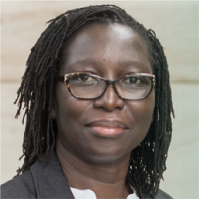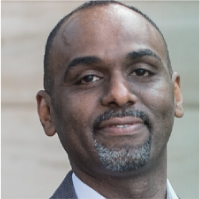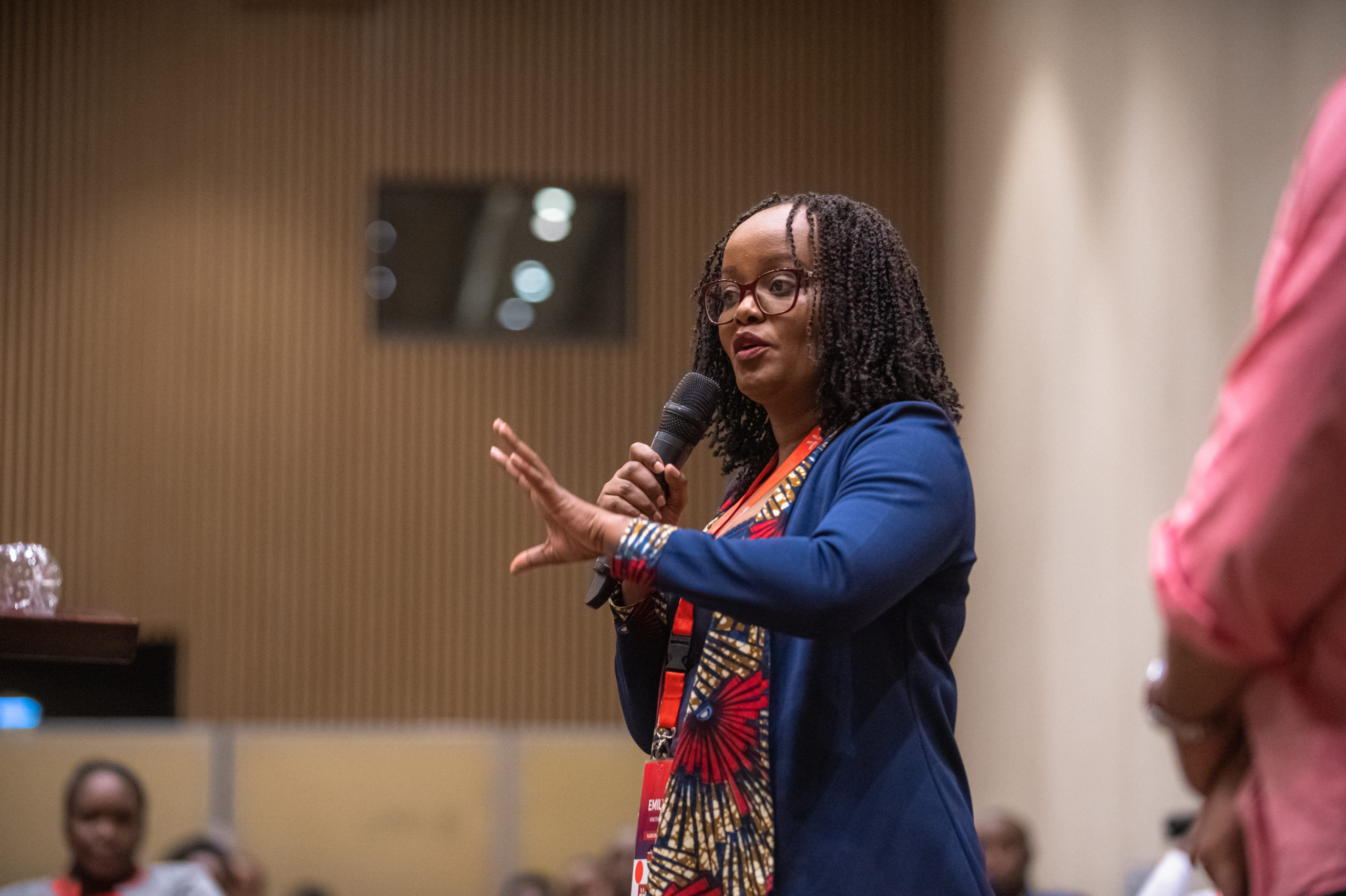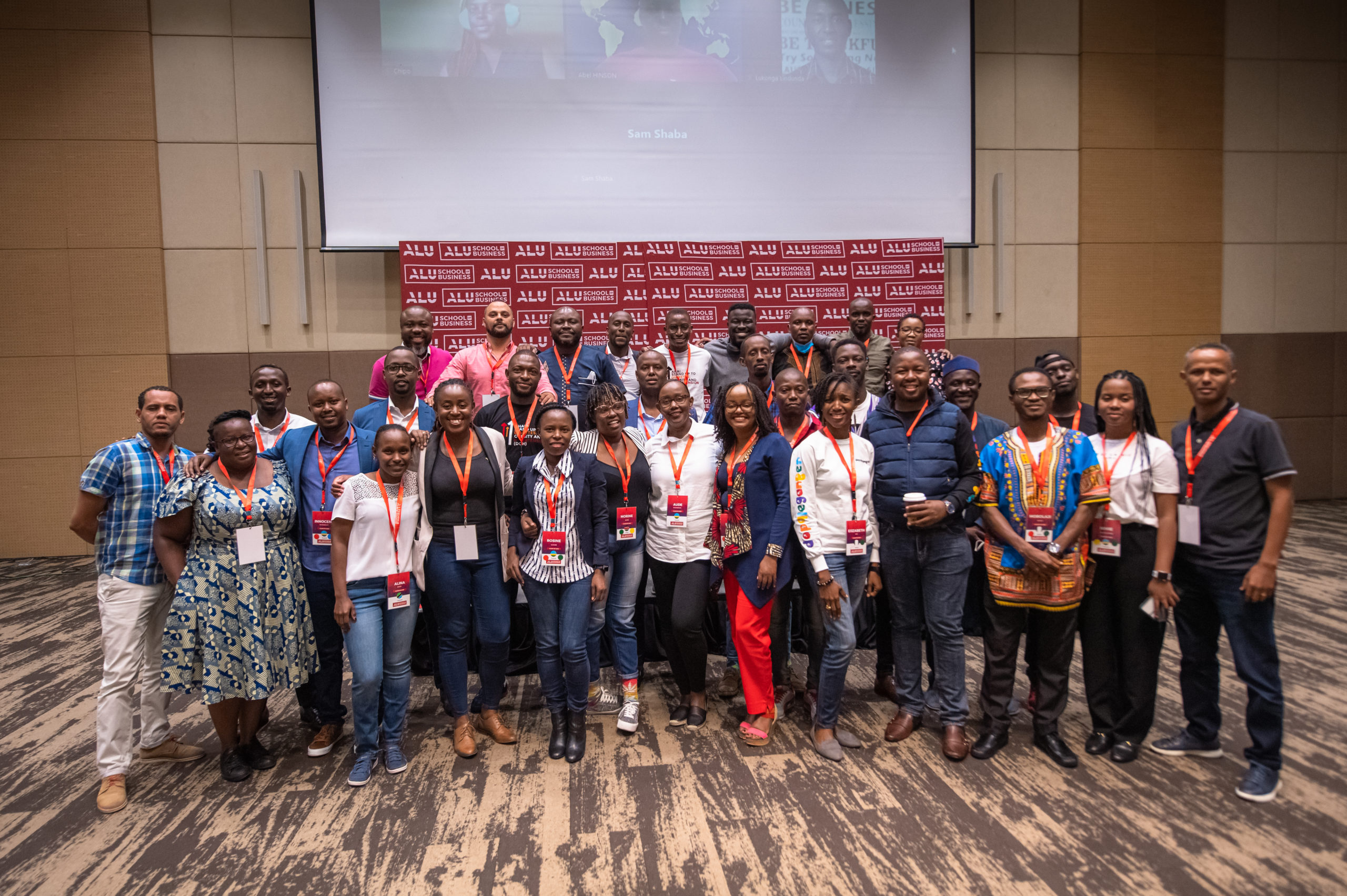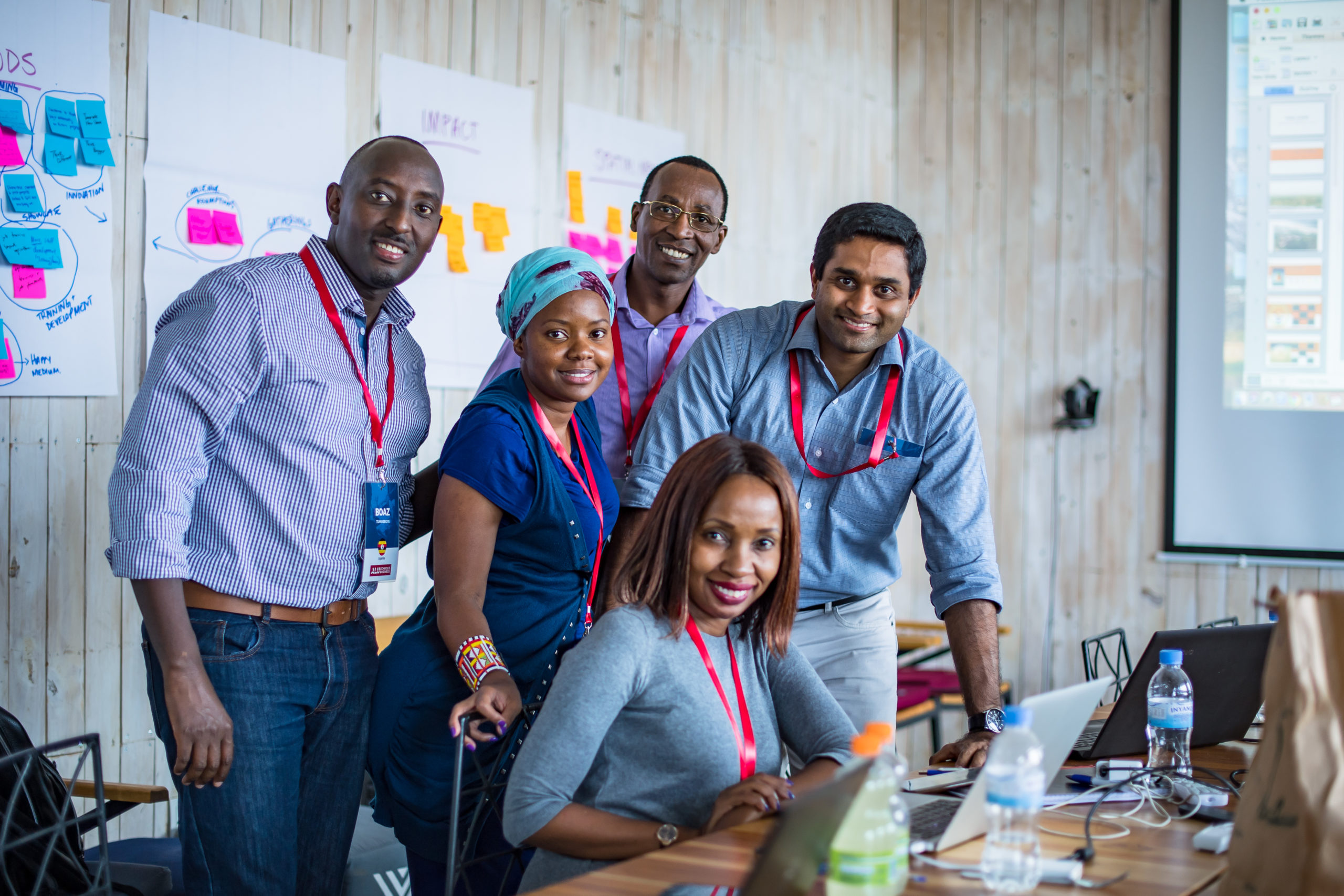We had the honour of welcoming Hakeem Belo-Osagie, the chair of Metis Capital Partners and senior lecturer of Business Administration at Harvard Business School, at the ALU Rwanda this week! Here are 6 pieces of knowledge that he left us with:
1. “The ties that you make here, will remain with you for the rest of your life.”
“I was lucky to enjoy an education with a lot of diversity. The school I went to had students from 50 or 60 different countries. It left me with this sense that national boundaries and racial boundaries are artificial, that we should be able to relate to people across the globe. What divides human beings is much less than what unites human beings and at the end of the day, it’s the individual that counts.
ALU students are in a very special position. You’re living and working together with highly intelligent people from different countries, different religions and different ethnic groups. The ties that you make here, will remain with you for the rest of your life. Whether you go into government, politics or business. When you hear about a flood in Senegal, something will prick your conscience because you studied with someone from that country. When somebody tells you that you must hate a Sudanese because they’re fighting someone in Southern Sudan, you’ll say; ‘no, there is a way we can solve this problem’. You will not be afraid to do business in a different country, cause there will be people you know there and you’ll have a sense that they’re not that different from you.
I had a classmate from Aby Dhabi at Business School and the two of us got together and decided to do something interesting. Because we trusted each other and we knew each other from school, we were always able to sit down together, come to what we thought was a fair deal for both Nigerians and Arabs. The relationship that I still have with the government of Abu Dhabi is very much created by him and our relationship. And that is one of the examples of what a network can do.“
2. “In thought, precision. In style, concision. In life, decision.”
“There are 9 words you should remember in life: In thought; precision. In style, concision. In life, decision. This is a saying that one of my tutors used to reiterate.
In thinking, you must be very precise. When it comes to your style, try to be simple. Do not try to be too elaborate, too full of yourself. There is a beauty in simplicity. In life, decision. You must have the capacity to make decisions. That is a very important part of your life. Those 9 words have never left me.”
3. “Your first boss is either your second father/mother or your final nightmare.”
“In my business career, my first boss and my first business partner were great mentors to me. Your first boss is either your second father/mother or your final nightmare. My first boss was a very secure person who looked upon me as someone to develop and he did this long before the word mentorship was used or was in fashion.
Mentors are very important because they help you separate what is important from what is not important. When you have a bad moment, when you think that it’s all dark, when you have the feeling that you’re at the end, they make you realise that they have been there many times before.”
4. “Success is talent and hard work, meeting opportunity.”
“Success is talent and hard work, meeting opportunity. However, not everyone gets an opportunity, especially in Africa, where large groups of people are living below the poverty line. You have to be honest with yourself. Even if I had worked as hard as I worked, if I had been born in Southern Sudan, in parts of Northern Nigeria, in Syria or as a refugee in Palestine… Where would I be today?
While taking a certain amount of pride in what we’ve achieved, we must continually remind ourselves that we have had certain opportunities. What does this mean? Those who have certain opportunities, have no excuse for laziness or not taking on a certain challenge.
Part of your life should also be dedicated to creating more opportunities and that should be a significant part of your life.”
5. “Making business as much as an option for women as for men is fundamental. “
“Making business as much as an option for women as for men is fundamental. If you look at study, after study, after study… they all show that by empowering women, more responsible decisions are taken in the upbringing of children, in the education of children and in the way which responsible spending takes place. I think that these factors make women’s success crucial. That economic independence will lead to the social change that we need.
In my mother’s generation, women were nurses, secretaries, teachers… But there was a whole business area that was not meant for them and I think that having women in that business area is necessary.”
6. “You just have to make up your mind in life because there is not enough time for everything.”
“People are often not as busy as they think they are. A lot of time is wasted on things that we really shouldn’t waste a lot of time on. You just have to make up your mind in life because there is not enough time for everything. I made up my mind to prioritise family, work and my social mission. And I stick to that.”
